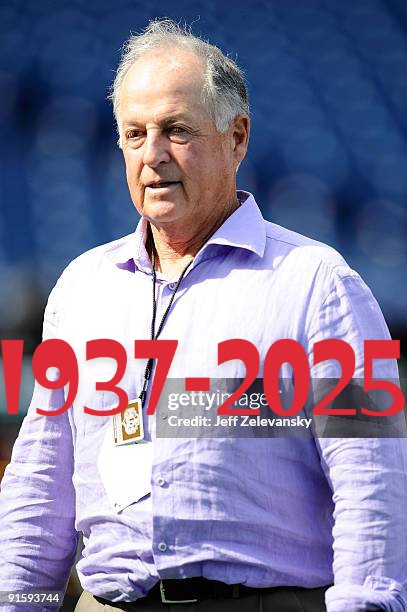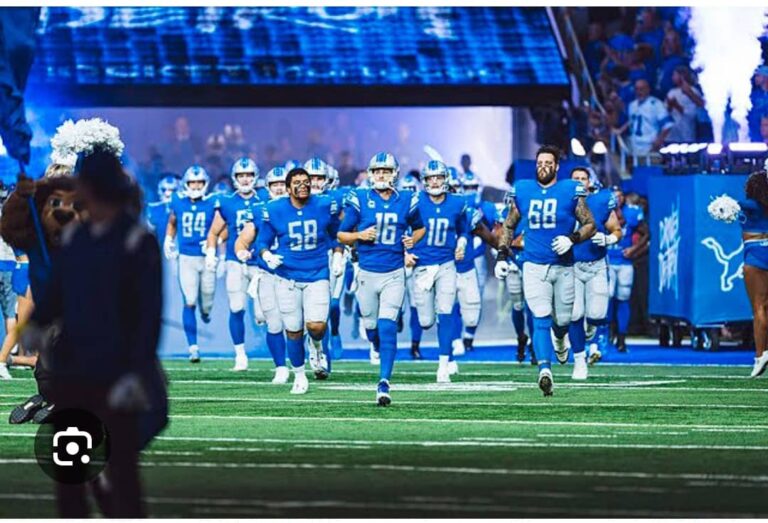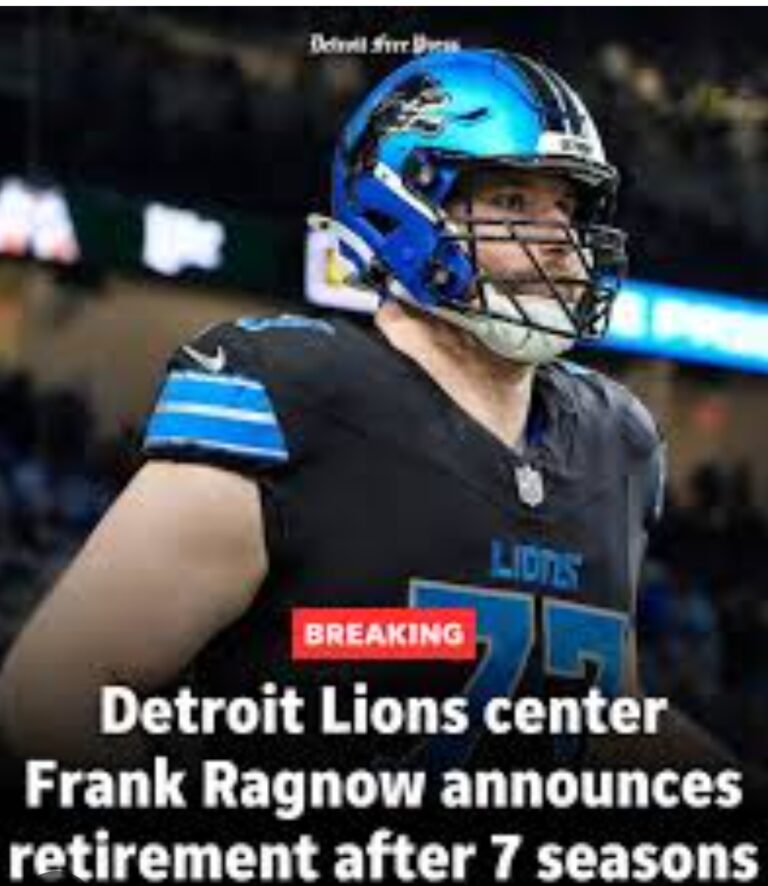
April 26, 2025 — ESPN News Services
Pat Gillick, the Hall of Fame baseball executive whose keen eye for talent and steady leadership helped build three World Series champions across two countries, passed away today at the age of 88.
Gillick’s death marks the end of an extraordinary chapter in baseball history, closing the book on a career that spanned more than five decades and reshaped the modern front office. The teams he built, the people he mentored, and the standards he set continue to shape Major League Baseball today.
According to a statement from his family, Gillick passed peacefully in Seattle, surrounded by loved ones.
A Master Team Builder
Pat Gillick was not merely a general manager; he was a master strategist who transformed struggling franchises into perennial contenders. His career highlights read like a baseball executive’s dream résumé.
After beginning his front office career with the Houston Astros and New York Yankees, Gillick rose to prominence as the general manager of the Toronto Blue Jays, a position he held from 1978 to 1994. In Toronto, Gillick engineered a methodical rise from expansion franchise to powerhouse, culminating in back-to-back World Series championships in 1992 and 1993 — the first titles ever won by a team outside the United States.
Later, with the Baltimore Orioles, Seattle Mariners, and Philadelphia Phillies, Gillick’s magic touch followed. He helped revitalize the Orioles into contenders in the mid-1990s. In Seattle, he built a 116-win juggernaut in 2001 — the most wins in a single MLB season — though the Mariners fell short of the World Series. And perhaps most memorably for a new generation of fans, Gillick presided over the Philadelphia Phillies’ front office as they captured the 2008 World Series title, ending a 28-year championship drought.
Gillick was elected to the National Baseball Hall of Fame in 2011, recognized for his extraordinary influence in shaping multiple winning franchises without compromising integrity or baseball’s core traditions.
A Life in Baseball
Born in Chico, California, and raised in California and Texas, Gillick was a gifted athlete from an early age. He played college baseball at the University of Southern California, where he helped the Trojans win a College World Series title in 1958. A left-handed pitcher, Gillick briefly played in the minor leagues for the Baltimore Orioles organization before moving into front office roles, where he would make his most enduring impact.
Colleagues consistently praised Gillick for his meticulous attention to scouting and player development. Unlike many executives, he placed great value on organizational depth, international scouting, and clubhouse culture long before they became industry buzzwords. His ability to blend veterans with emerging young talent was a hallmark of his championship teams.
“Pat was a builder, a mentor, a visionary,” said MLB Commissioner Rob Manfred in a statement. “He shaped organizations in a way that few executives ever have and leaves behind a legacy of excellence that will continue to inspire future generations.”
Impact Beyond the Field
Gillick was known for his humility and his aversion to the spotlight. Despite his enormous success, he often deflected credit to his scouts, coaches, and players. He preferred collaboration to hierarchy, a rare trait in the cutthroat world of sports management.
“Pat had a great mind for baseball but an even greater heart,” said Ed Wade, former Phillies GM and Gillick’s successor. “He believed in people. He believed in giving individuals the room to grow, and he trusted the process before that was even a cliché.”
His influence extended beyond wins and losses. Many of today’s top executives, including current Blue Jays president Mark Shapiro and Phillies president Dave Dombrowski, credit Gillick as a mentor and model for leadership.
Remembering a Giant
The outpouring of tributes from around the baseball world began immediately after news of Gillick’s passing broke.
“Without Pat Gillick, there would be no Blue Jays dynasty,” said Joe Carter, who hit the iconic walk-off home run to win the 1993 World Series. “He built that team with vision and patience. We all owe him more than we can ever express.”
In Philadelphia, a makeshift memorial of flowers, caps, and handwritten notes began forming outside Citizens Bank Park. Mariners fans flooded social media with memories of the magical 2001 season, when Gillick’s Mariners captivated a city and captured the nation’s attention.
Toronto plans to honor Gillick’s memory with a special ceremony before their next home game, team officials said.
A Lasting Legacy
Pat Gillick’s story is one of perseverance, foresight, and class. In an era when many executives chased quick fixes, Gillick built his reputation on long-term success, player trust, and a tireless belief in the game’s beauty.
Even in retirement, Gillick remained involved with baseball, serving as a senior advisor to the Phillies and continuing to share his insights with young executives eager to learn from a master.
In an interview during his Hall of Fame induction, Gillick said, “Baseball is a game of people. It’s not just stats, not just contracts. It’s about finding good people, putting them together, and giving them a chance to succeed.”
Today, the game mourns the loss of one of its finest builders. But Gillick’s fingerprints are everywhere — in the teams he crafted, the people he mentored, and the lessons he taught — ensuring that even in death, Pat Gillick’s spirit will continue to guide the game he loved.
He is survived by his wife, Doris, their two children, and a grateful baseball community that will never forget his contributions.
Funeral arrangements are pending, and the family has requested privacy during this time.






